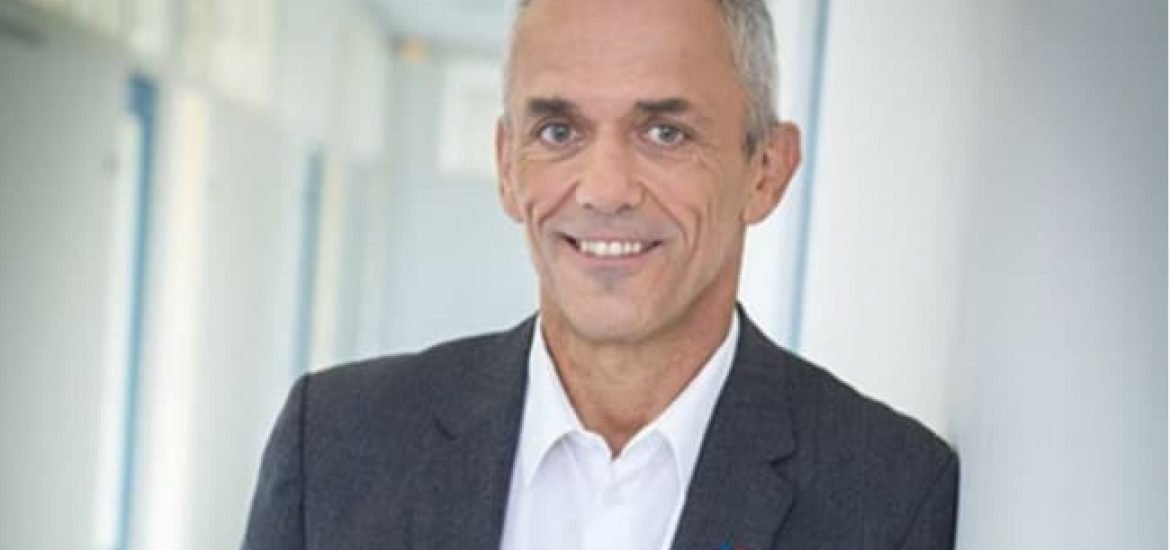
French President Emmanuel Macron named computer scientist Antoine Petit president of the National Center for Scientific Research (CNRS) on Wednesday.
CNRS is Europe’s largest research organization and has more than 31,000 researchers, engineers, and technicians working across scientific disciplines and the humanities. The organization is headquartered in Paris and has administrative offices in more than ten other countries. At €3.2 billion, CNRS’s annual budget comprises a quarter of French public spending on civilian research.
Petit, 57, was named interim president of CNRS on 18 January, a week before the official process had ended. Prior to his appointment, biologist Anne Peyroche served as the organization’s interim president since chemist Alain Fuchs’s departure in October 2017. Peyroche was “currently prevented” from continuing in her role, according to the French research ministry. According to an article by Elisabeth Pain in Science Magazine, a ministry spokesperson said the decision was made “out of concern for the continuity of leadership at CNRS,” but declined to provide further details.
There has been speculation, however, that Peyroche’s departure is linked to misconduct allegations. Peyroche also served as chief research officer at CNRS and resigned from the position on 19 January. Science Magazine notes that comments on the website PubPeer last November accused Peyroche of manipulating images in five articles published between 2001 and 2012. A spokesperson at the French Alternative Energies and Atomic Energy Commission (CEA), Peyroche’s main employer, said the organization launched an internal investigation. Petit said scientists have a right to defend themselves when accused of misconduct, but added that he is “absolutely determined to treat scientific integrity issues most seriously and without any complacency.”
Petit earned a teaching degree in mathematics in 1982, before completing a PhD in computer science at the Université Paris-Diderot in 1985. Early in his career, Petit taught at several French universities and held his first role at CNRS in 1991. He joined the French research ministry in 2001, and then returned to CNRS in 2004 as scientific director of the Information and Communication Science and Technologies Department. After holding several management positions at CNRS, Petit joined the French National Institute for Computer Science and Applied Mathematics (Inria) in 2006. He has served as Inria’s president and CEO since October 2014.
Patrick Lemaire, a developmental biologist at the Cell Biology Research Center in Montpellier, told Science Petit “seems to break out of the technocratic mold” and has “a global vision of the role CNRS could play in and for society.”
Science reports that Petit’s goals for CNRS include expanding the organization’s role in society and moving French research forward on an international level. With the UK’s looming exit from the European Union, Petit wants CNRS to “lobby for a greater role of France” in European science policy, particularly regarding research infrastructure and funding decisions.
The agency’s budget has shrunk in recent years, posing a challenge to Petit’s vision. The new president told Science he hopes to raise more money from industry partnerships, as well as from competitive grants in France and the EU. This would allow Petit to raise the salary of young staff researchers, which he says currently puts CNRS “in a position of weakness” in the competition for talent. Petit emphasized, however, that having a healthy research budget and well-equipped labs is more important than the number of researchers.